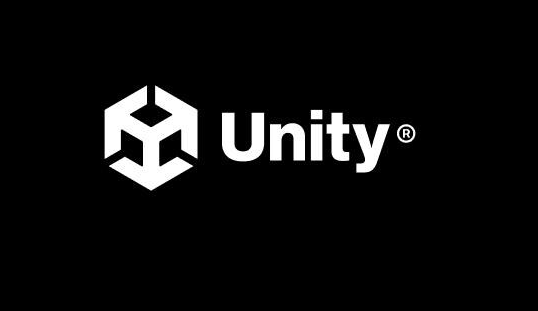
Unity Technologies, the maker of the famous cross-platform game engine, reversed its pricing system after gaming community backlash. The initial price scheme, unveiled last week, was widely criticized, especially by indie game makers who threatened to leave Unity.
The controversial element of Unity's pricing strategy was a "runtime fee" that Unity intended to impose for each game installation over a predetermined income threshold. This statement outraged the gaming community, and many people expressed their concerns about the rising costs and the perception that Unity wasn't paying attention to its customers.
Unity CEO Apologizes
Marc Whitten, CEO of Unity Create, apologized publicly and described the new pricing terms in response to the outcry. Whitten recognized that before introducing the initial pricing strategy, Unity could have engaged the community and taken into account more comments.
In an open letter to its community, Whitten wrote:
"I want to start with this: I am sorry.
We should have spoken with more of you and we should have incorporated more of your feedback before announcing our new Runtime Fee policy. Our goal with this policy is to ensure we can continue to support you today and tomorrow, and keep deeply investing in our game engine.
You are what makes Unity great, and we know we need to listen and work hard to earn your trust. We have heard your concerns, and we are making changes in the policy we announced to address them."
Read Also: NASA's Lunar Reconnaissance Orbiter Reveals Stunning Detail of Moon's Shackleton Crater
What to Expect?
According to TechCrunch, for games created with Unity's most recent version, there is no longer a runtime cost under the updated rules. Developers won't be charged a fee unless they use the newest version by 2024. The revenue threshold for required upgrades has been raised to $200,000. Unity Personal, the free version of the software, will continue to be free. Developers that make more than $1 million annually can select between a per-user fee and a 2.5% revenue split, choosing the less expensive alternative.
Unity has also allayed developer worries by enabling users to abide by the terms of service that apply to their particular version of the software, maintaining their selected terms so long as they continue to use that version. This modification gives developers more flexibility.
"We will make sure that you can stay on the terms applicable for the version of Unity editor you are using - as long as you keep using that version," Whitten stated in the open letter posted on the company's site.
To prevent retroactively affecting already-released games, Unity's amended runtime fee policy is scheduled to go into effect for new projects next year, according to The Verge. These measures have reduced developer unhappiness, but the Unity community remains attentive to future pricing and policy changes.
The pricing controversy has hurt Unity's reputation, and some developers may look into alternate solutions to prevent future uncertainties. Unity clarified its download and income requirements, allowing creators to self-report revenue instead of using proprietary tools.
Related Article:'Dota 2' TI12 Battle Pass Datamine Teases New Visual Novel: Are Vengeful, Skywrath Mage Arcanas Coming?










